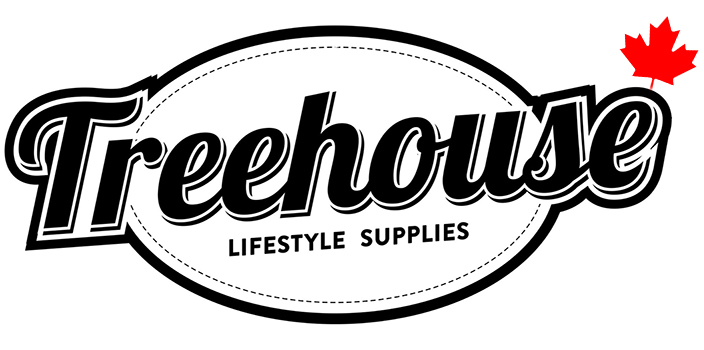Provinces need to recognize First Nations authority on cannabis
First Nations and the provinces should look to US state-tribal Compacts as a pragmatic way forward for cannabis regulation on-reserve.
Federal lawmakers ignored the call to delay cannabis legalization until First Nations could be adequately consulted on the regulation of recreational sales. Now it is provinces that must engage meaningfully, and they should not make the assumption that their laws should apply on-reserve. The draconian approaches of the past that restricted First Nations involvement in the legal supply chain of tobacco – a traditional plant we have grown for generations – simply led to unregulated sales in Ontario and Quebec.
In the absence of progress on province-to-First Nation negotiations on cannabis regulation, the tobacco pattern is reproducing itself with cannabis. At Tyendinaga First Nation, the tobacco smoke shops inspired the “Green Mile,” a nickname for an outcrop of cannabis stores. These latest retail outlets and the leaf and product being promoted by their owners do not comply with federal and provincial licensing laws.
Provinces are going to have to make choices on how to co-develop a process for achieving a mutual understanding of how First Nation cannabis self-regulation can be developed and supported. This is a dialogue that is going to take time because it involves a complex conversation around an entirely new product. Everyone will be on a learning curve, and they will need to come to the table with an open mind and a pragmatic outlook. The provinces will need to embrace the idea of sovereignty, where the First Nation is acknowledged as the relevant authority for on-reserve regulations.
Read the full article at POLICY OPTIONS POLITIQUES









